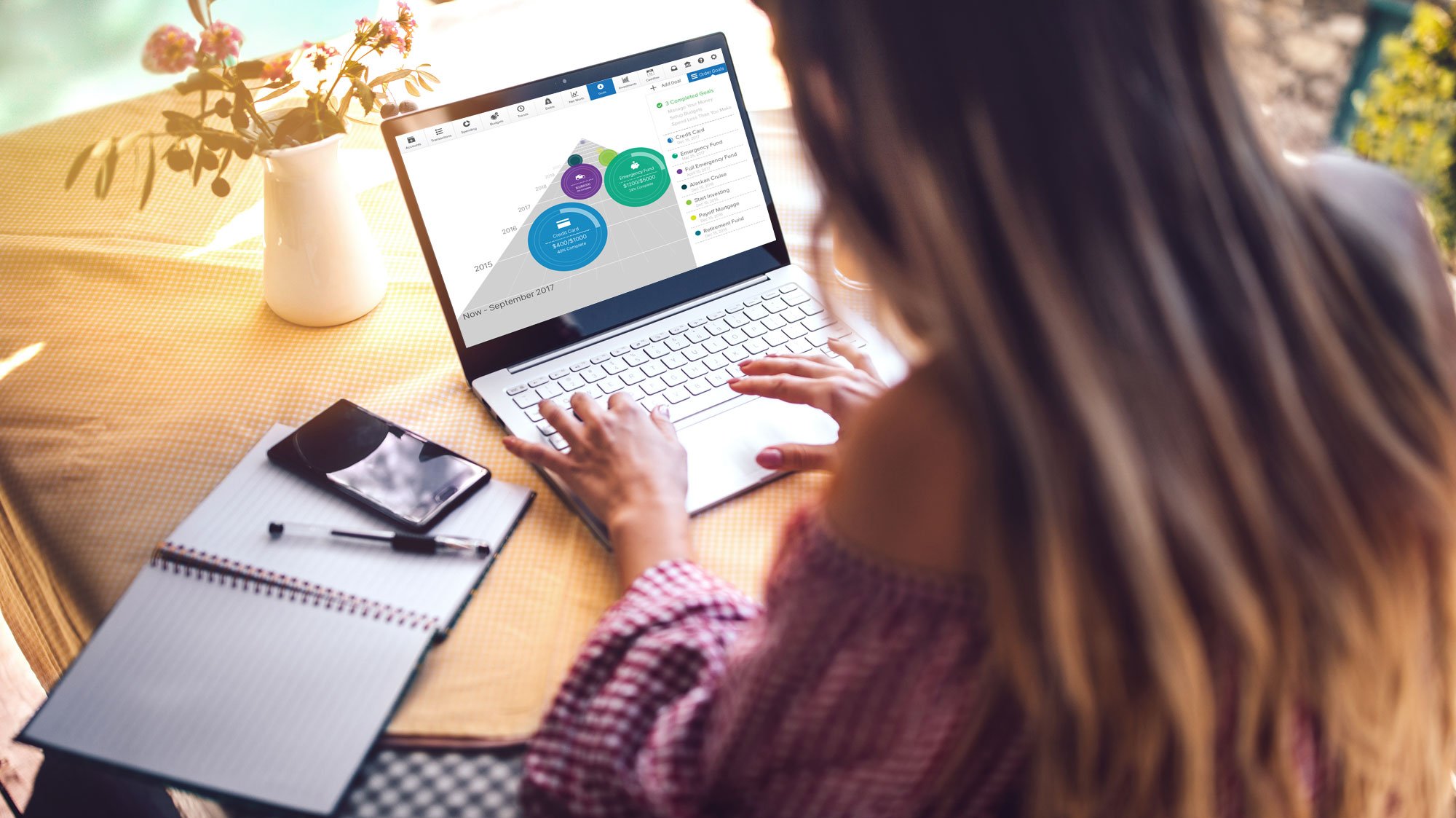
We’ve all had a bit of a tough year. That might be the understatement of the century. But with so many people either losing jobs or having careers sent into a tailspin by the pandemic, more than ever before are turning to a life of self-employment.
Making the switch to self-employment can be a tricky challenge though, especially with regards to balancing work and personal time, as well as separating finances. Being self-employed means a certain amount of freedom, but it also means losing your financial safety net. Being able to keep track of your expenditures and keep one eye on your bank accounts at all times is paramount.
So, how can you manage your money more effectively when you’re self-employed?
Separate personal and business finances
Having a clear and separate picture of your personal and business finances will make financial records and expenses so much easier to track. It also gives you more options when it comes to business loans and operations. Invoice and accounting platforms can be a good way to keep a digital record and allow for easy financial analysis. With the advent of online banking, it’s never been easier to keep all of your digital banking records in one place.
Budgeting is key
Make comprehensive budgets, particularly for your business accounts. It can be difficult to budget when you are unsure of your income and especially if that income varies wildly from month to month. At the very least you need to budget your overheads and outgoings, so you know your bottom line. Budgeting also means prioritising essential business expenses such as vehicle costs, office space and equipment.
Save for a rainy day
You should also ensure you have financial reserves in places in case the worst should happen. You will undoubtedly have periods of low income or emergency situations that limit your ability to earn. Building financial reserves gives you that safety net – whether you have to buy a new set of car tyres unexpectedly or you’re unable to work due to a serious injury.
Sort your taxes
Anyone who has ever been self-employed will probably tell you that January 31 is quite comfortably their worst date of the year. Doing your own taxes certainly takes some getting used to but don’t give up and hire an accountant unless you’re really struggling. Half the battle is keeping up to date with your financial records, which will help you massively when it comes to filling out your tax and national insurance forms every January.








